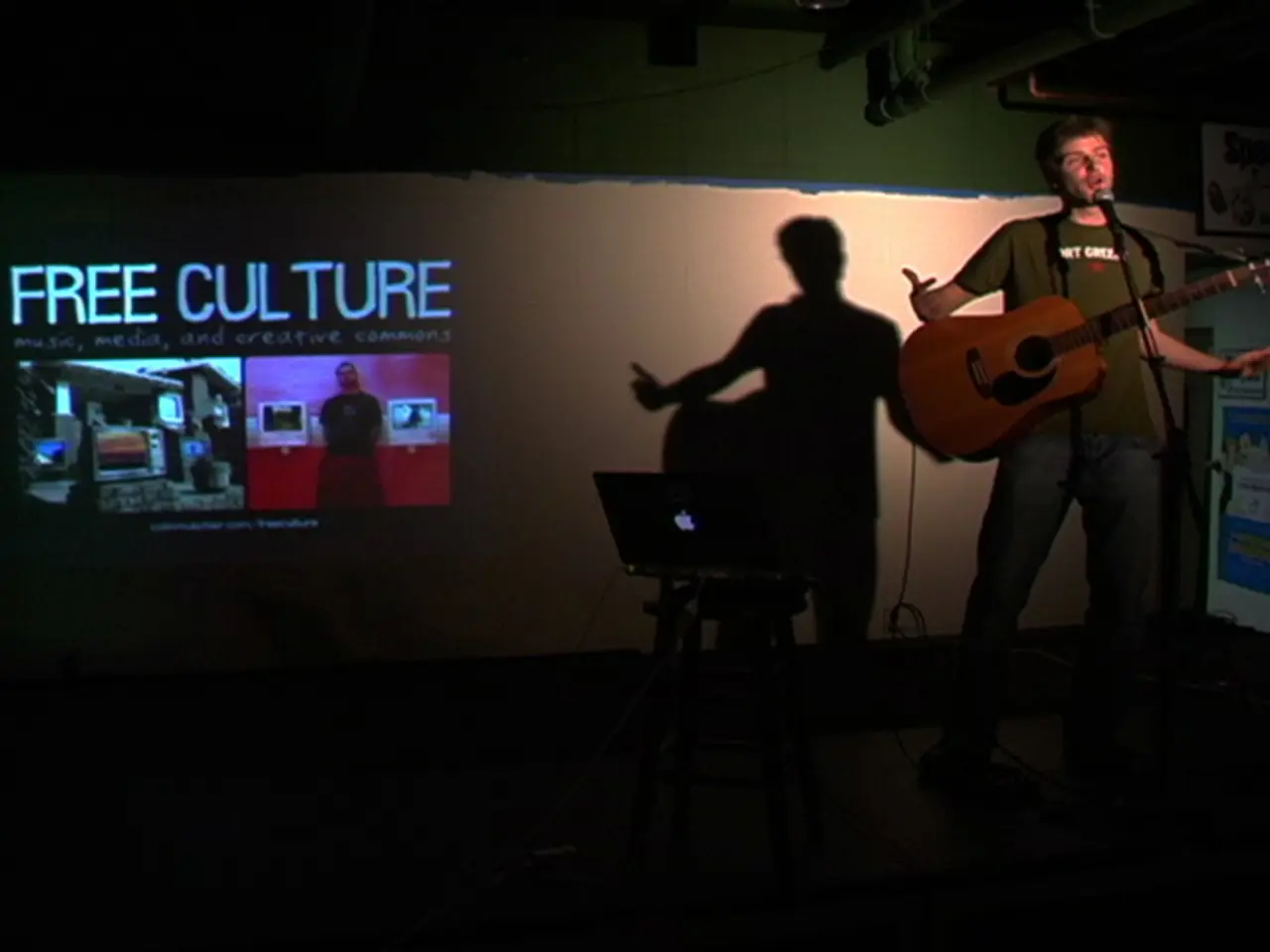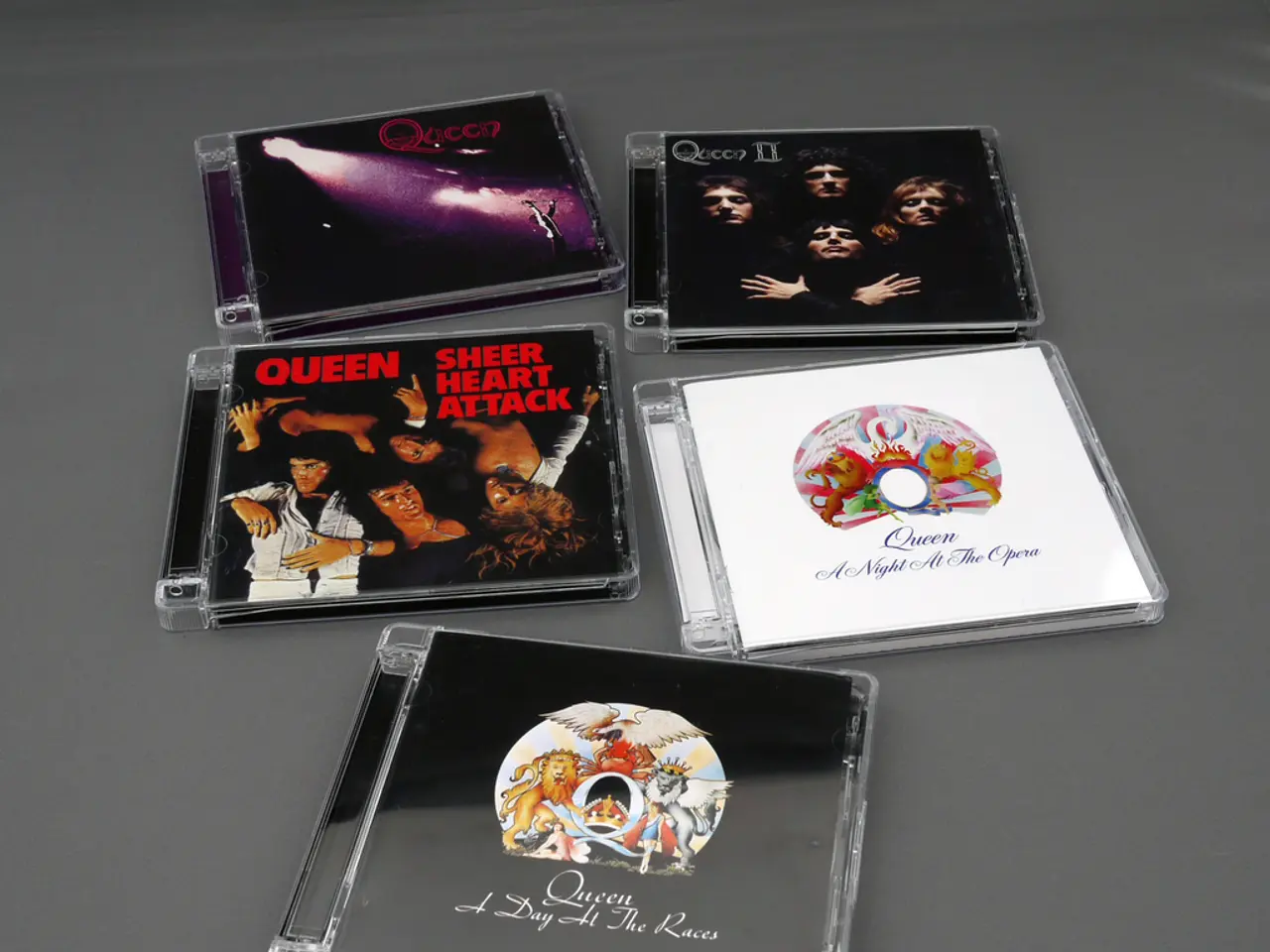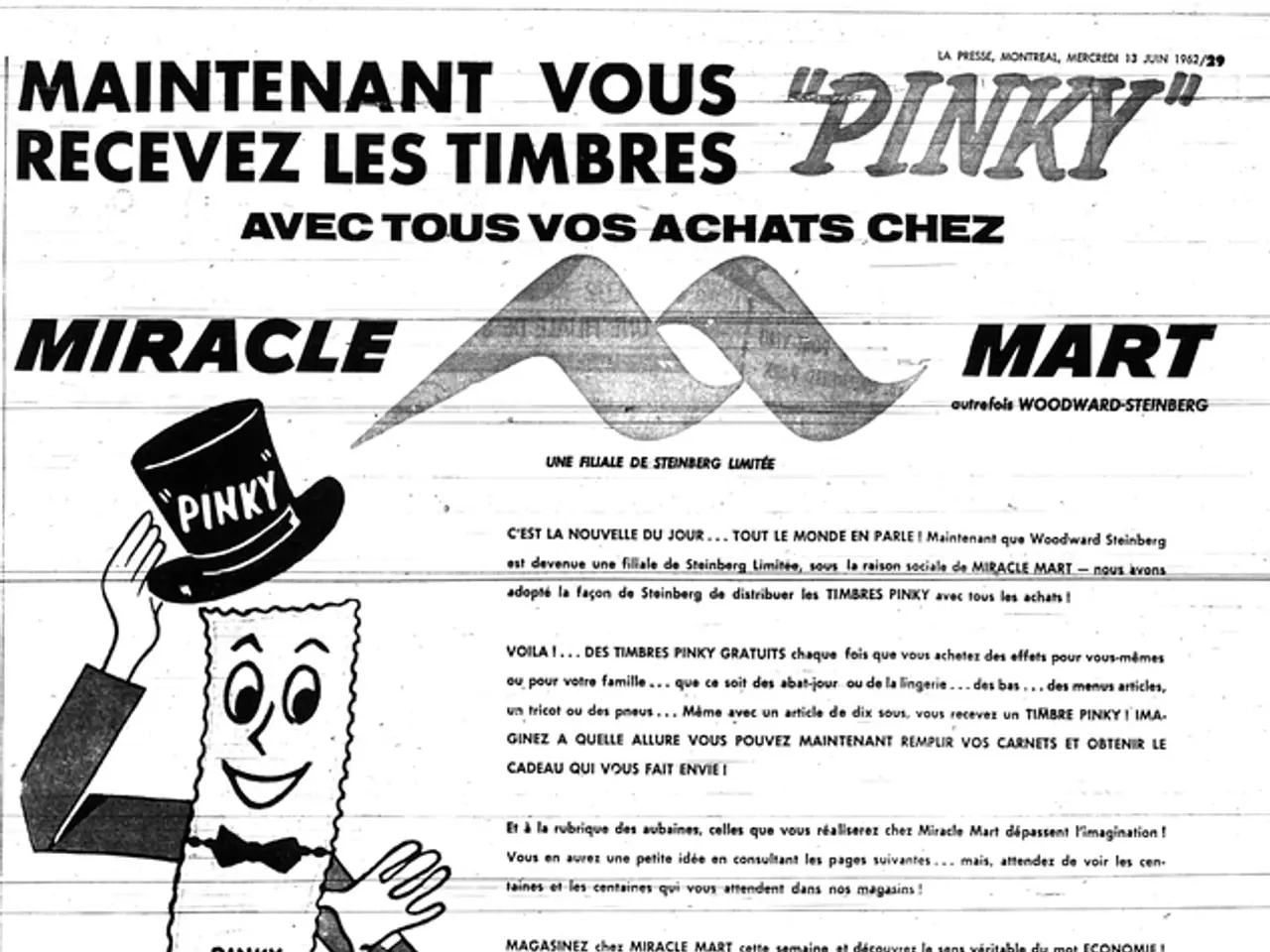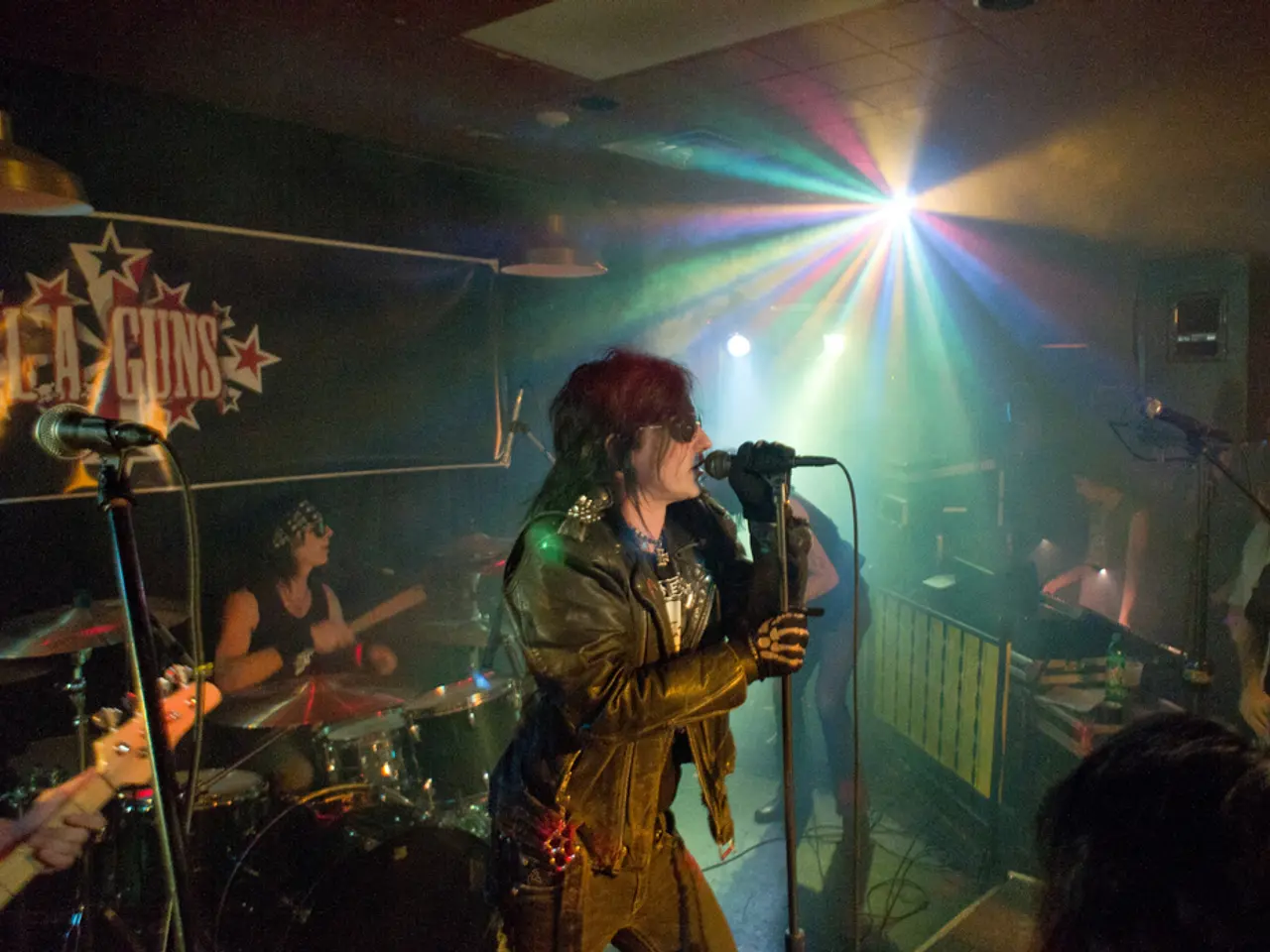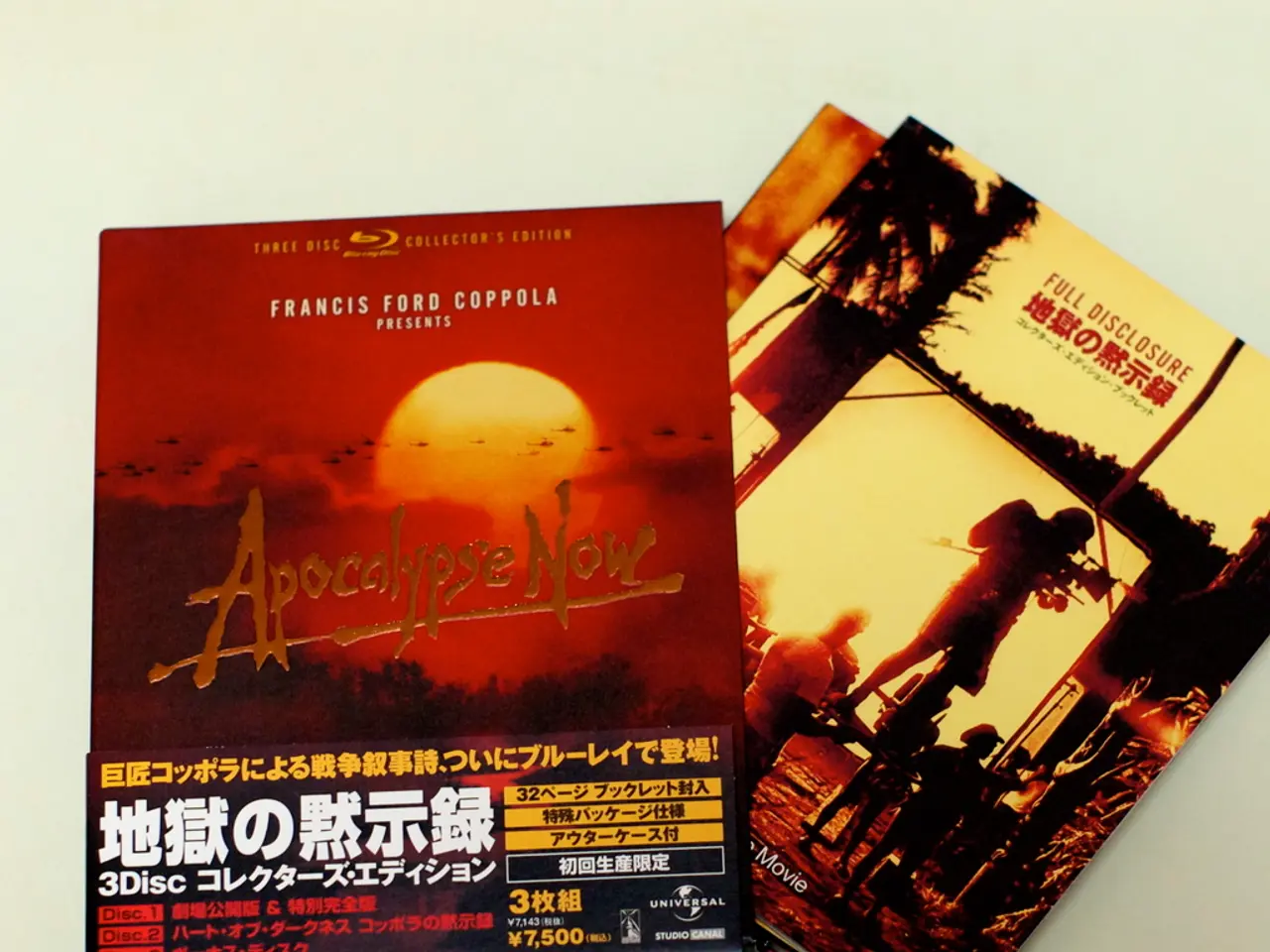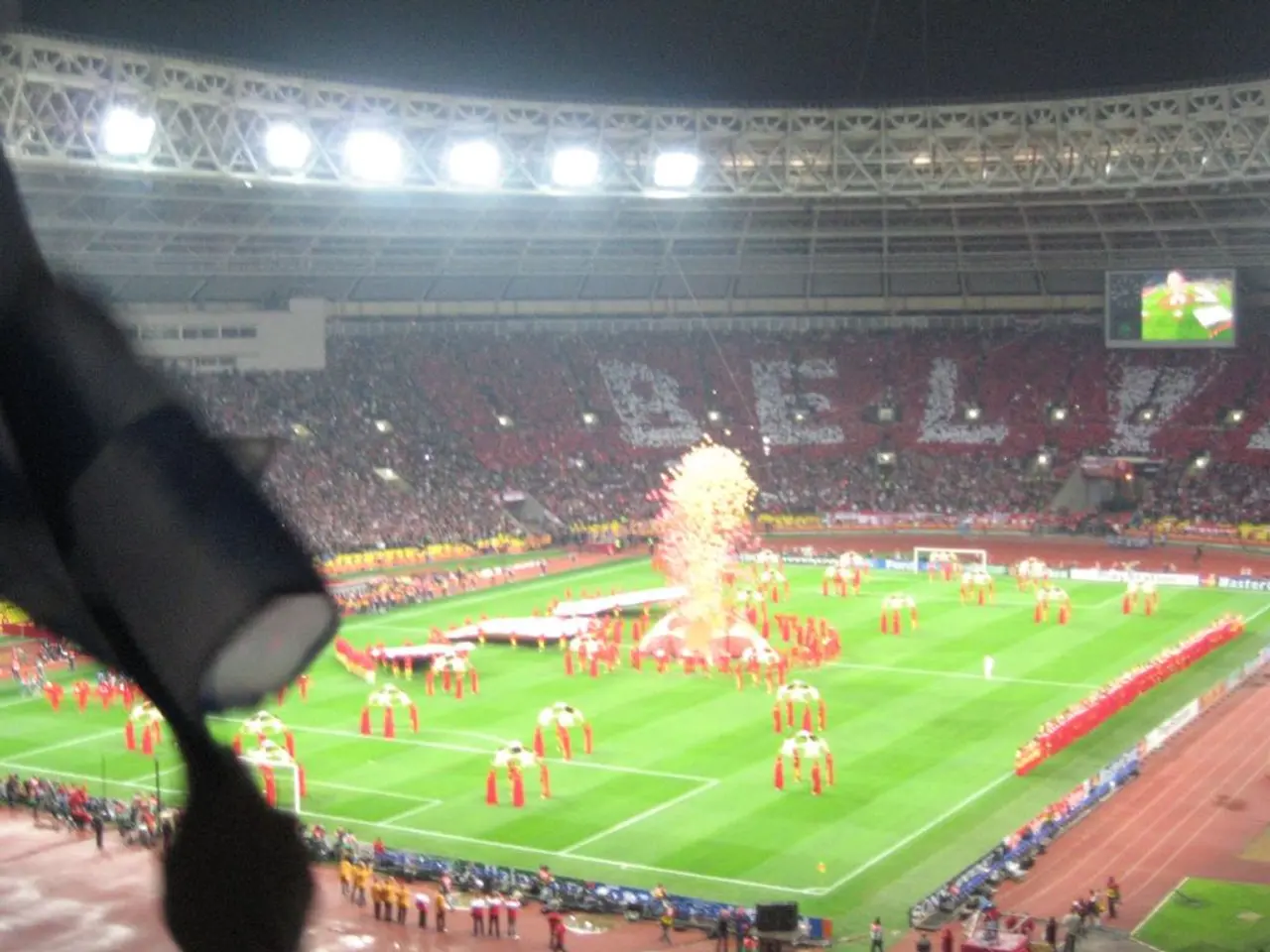Nerd Culture's Affiliation with Karaoke
Karaoke, a beloved form of entertainment, was born in Japan in the early 1970s. Invented by musician Daisuke Inoue, the karaoke machine allowed people to sing along to music without a live band [1][3]. The word "karaoke" itself is derived from the Japanese words "kara" (meaning "empty") and "okesutora" ("orchestra") [2].
By the late 1970s and into the 1980s, karaoke had exploded in popularity across Japan and eventually throughout Asia. The first karaoke-specific venues, known as karaoke boxes, gave people private rooms to sing in with friends [1].
As karaoke gained traction, it became deeply integrated into Japanese popular media and fan communities. Anime and Japanese video games often feature karaoke scenes or music-based gameplay elements, making karaoke a familiar and beloved activity among fans [1].
The connection between karaoke and nerd culture, especially in anime, video games, and conventions, is strong. Karaoke is a common social event at anime and gaming conventions, where fans gather to perform songs from their favorite series or games, fostering community and shared passion for the media [1].
In anime, many series include characters participating in karaoke as a form of bonding, comic relief, or character development. Karaoke game franchises, such as "SingStar" or "Taiko no Tatsujin," are popular video game titles that blend gaming with karaoke culture, contributing to its popularity in nerd circles [1].
Conventions often hold karaoke contests or themed karaoke nights, sometimes linked to specific fandoms, further solidifying karaoke as a staple of nerd culture events [1]. This relationship highlights karaoke’s role as both an entertainment medium and a social ritual within anime and gaming communities.
Karaoke made its way to the United States by the late 1980s and early 1990s and became a cultural mainstay. Its appeal is universal, providing a way for introverts to have fun, for extroverts to have a stage with no real stakes, and for everyone in between to have a really fun time [4].
In 2004, Time magazine honoured Daisuke Inoue as one of the most influential Asian people of the 20th century, acknowledging the significant impact of his invention on global culture [3]. Today, karaoke continues to be celebrated annually on International Karaoke Day, July 19 [1][3].
References: [1] History of Karaoke: https://en.wikipedia.org/wiki/Karaoke [2] Origin of the Word Karaoke: https://en.wikipedia.org/wiki/Karaoke#Etymology [3] Daisuke Inoue's Influence: https://content.time.com/time/specials/packages/article/0,28804,2009767_2009768_2009769,00.html [4] Karaoke's Universal Appeal: https://www.psychologytoday.com/us/blog/the-science-happiness/201403/why-karaoke-makes-us-feel-so-good
- Cosplay events often coincide with karaoke sessions at anime and gaming conventions, allowing fans to perform songs from their favorite series or games in full costume.
- Gaming enthusiasts might find karaoke games such as "SingStar" or "Taiko no Tatsujin" appealing, given the blend of music and gaming culture that these franchises offer.
- In addition to entertainment, sports fans can also engage in friendly competition during karaoke contests at conventions, adding an element of sportsmanship to the experience.
- Beyond conventions, karaoke has become a lifestyle choice for many, fostering social interactions and shared passions, whether it's through private karaoke boxes, public venues, or online platforms.
